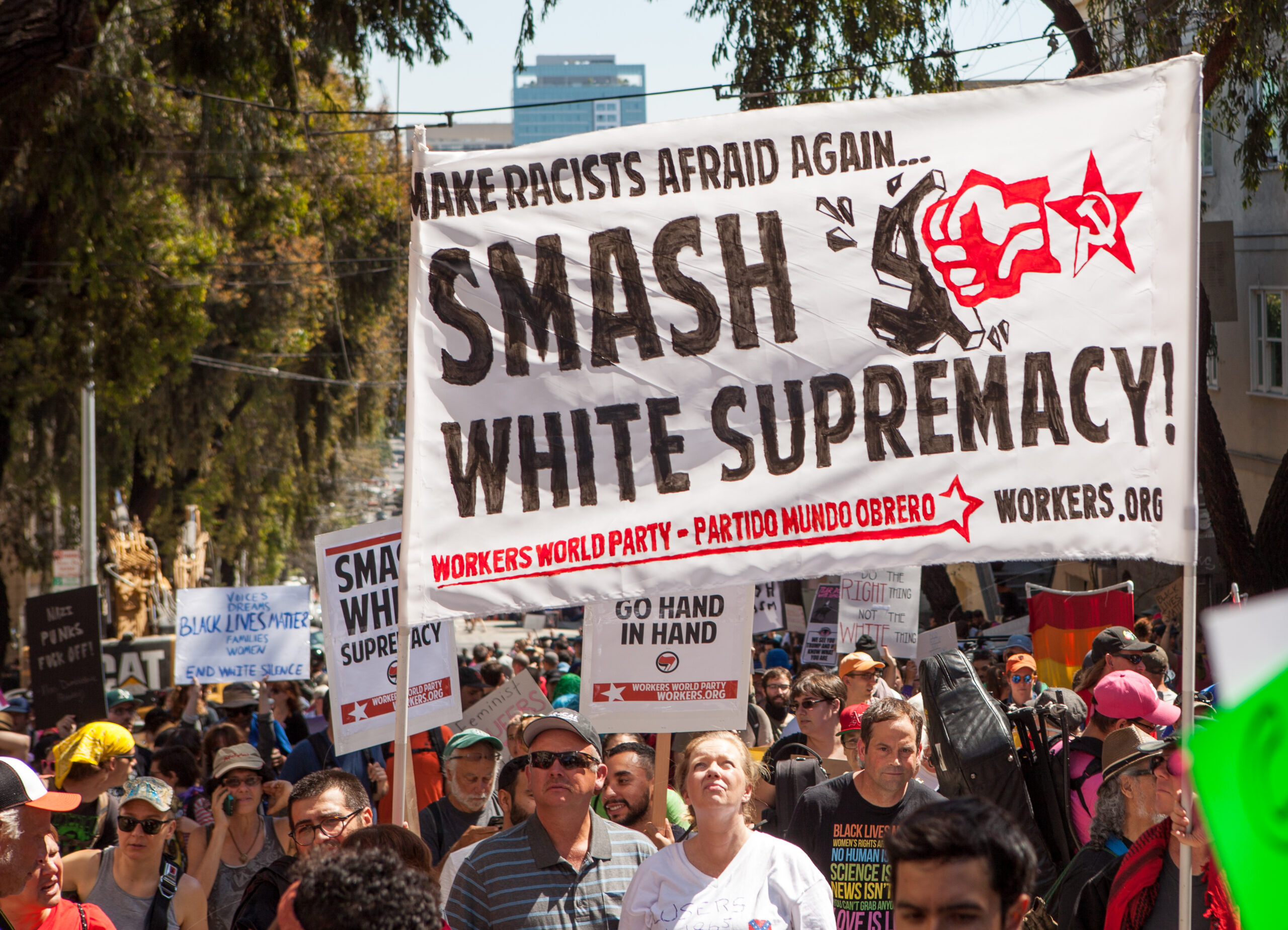On 19 September the Labour Party faces the hurdle of being elected into government for another term of office. Having the advantages of incumbency, re-election should be a cake-walk. One would think that all Labour needs to do is to deliver improvements in the standard of living of the working-class majority to ensure popularity. One would think, but I doubt that this year’s election campaign will see a repetition of Jacindamania. Labour, if not exactly looking at an uphill battle against a fairly hopeless National Party, is in danger of widespread voter abstention that could make the election a much closer contest than it needs to be. And Labour would only have itself to blame.
Why this downbeat view of Labour’s prospects? After all, against an international background of rightwing forces making gain after gain, hasn’t the Ardern government stood out as a rare example of progressive government? Broadly, the Ardern government has delivered progressive reforms. Ardern herself displayed great anti-racist leadership in response to the 15 March Christchurch massacre in a way that would be unimaginable in a National Party premier. It is all very well viewing the Ardern government’s performance against international comparators, but that is but an intellectual exercise and not one being made by people who from one week to the next are struggling to pay the rent, clothe the children and put healthy food on the table. The real issue is whether the Labour-led government has transformed the lives of working-class people who have traditionally looked to the Labour Party and who form its natural voter base.
Anecdotally, as someone living in eastern Porirua, a low-income and preponderantly non-white area, there appears not to have been any change since the current government came to power. The visual evidence of poverty is all around. This is an area that votes solidly for Labour, among those that vote, that is. If Labour does not deliver for eastern Porirua and similar locales throughout the country, potential voters will stay at home come polling day.
However, it would not be true to say the Labour coalition has done nothing for working-class people. It can boast a long list of improvements. Take the education sector as an example. Labour has: dropped first-year tertiary education fees, abolished national standards, replaced school donations with extra funding, conceded pay parity for primary teachers, wiped unpaid NCEA fees and boosted funds for schools’ capital expenditure. This example of reformism demonstrates that there is a huge difference between the Labour and National parties.
Despite acknowledging that Labour has ushered in many improvements, I would still argue that Labour is failing the working-class majority of the population. In the broader view, Labour’s reforms have only affected the edges of the “system” and have not make inroads into its essential oppressive character.
The essence of this system, the capitalist system, is that the working-class majority labours for, and produces a profit for, the owners of capital. This exploitation holds equally for workers employed in the public sector: they work for the capitalist class interest as a whole. For example, workers in education condition students with skills for exploitation. It is true that some workers in the public services are not working for immediate capitalist interests. For example, from the capitalist point of view the provision of public health services to the elderly is a waste of money. Nevertheless, workers delivering such services are still working within the capitalist system. These services represent concessions to the working-class majority that the capitalist class has had to accept in the interests of its continued domination. Within every such, generally ill-funded, service, management pressure is on to spend as little as possible on workers’ wages and to intensify effort.
From our rulers’ perspective it is better that concessions are not forced on them by workers’ action as that would only encourage more of the same. Rather, if concessions need to be made, it is better they are mediated peacefully through political representatives. It is these openings for standing in on behalf of working-class interests that provide a meaningful existence for the world’s Labour-type reformist parties. None of these parties ever go beyond working within the capitalist framework, but their political character varies from time to time and country to country in the degree that they are prepared to champion concessions or implement them when elected to office. And those are two different things. History shows that invariably reformist parties in government pull back from the promised reforms they previously gave to their working-class supporters.
The Ardern-led Labour Party is following a classically reformist course. Its overall programme on being elected in 2017 accepted fundamental capitalist interests to the extent that its Budget Responsibility Rules (BRR) policy restricted public spending to the same proportion of the whole economy as handed down from the previous National government. In the Ardern government’s first year, 2018, reforms came through regularly, but they were generally on a minor scale cost-wise. When the nurses demanded more staff and better pay, a truly costly package, the BRR policy dictated that the government take a hard line. So it was too with other public sector union demands, where to a greater or lesser extent concessions were wrung from a reluctant government under the duress of strikes.
In 2019 the government’s reformist impetus (zeal would not be the right word) distinctly slowed down. It was supposed to be the ‘year of delivery’ but instead it was a year of damp squibs. Reform policies, such as on capital gains tax, were abandoned or watered down. A reform of the welfare system, including lifting benefit rates, has not happened despite the recommendations of the government-appointed Welfare Expert Advisory Group. The Labour coalition has retained all the law that restricts the unions’ abilities to mount strikes. It has failed to implement Labour’s promise of national fair pay agreements that might have helped the majority of workers who lie outside collective bargaining. As a result, the National Party have been gifted an angle to work with: ‘broken promises’, ‘untrustworthy’.
When the current government came to power there was a huge imbalance between the fabulous wealth of the capitalist few on one hand and poverty at the other end of the scale, including the working poor. And now, in the third year of a Labour-led government, little has changed. This stasis means that the colonial hangover carries on. Colonialism delivered Māori and Pacific Islanders to the low-paid rungs of the labour market where they still largely remain.
The Labour administration has been so conservative that instead of a forecast budget deficit the government books ended 2019 with a $100m surplus.
One of the greatest disappointments of the Labour Coalition is its failure to act on climate change. The much trumpeted Zero Carbon Act is a fig leaf for inaction. A programme that would genuinely reduce emissions significantly would require a radicalism that the Labour Party cannot contemplate. It would mean massive state intervention into rural land use, a massive switch from the ‘car economy’ to public transport, a revolution in building techniques, and more. Pro-business Labour is simply not prepared to take on the vested interests in the status quo.
Don’t buy the argument that the coalition with New Zealand First has held Labour back from radical reform! The Ardern government has looked more than comfortable with its coalition partner. The coalition has given the Labour leadership an alibi to drop left policies and keep good relations with the ‘business community’. A bold policy by Labour could have easily outmanoeuvred NZF with Ardern giving Peters the choice of backing her or face annihilation in a general election.
History shows that parties of the Labour stripe, despite their best intensions to improve the lot of working people, will always put capitalist interests first. When the economy is expanding Labour parties can deliver reforms without upsetting the capitalist class too much. It is a different story when the economy nose-dives, as it may well do within a year or two. If New Zealand Labour is still in power when a world recession happens, its pro-capitalist politics will dictate that reforms will dry up completely and austerity policies will be adopted instead.
I dread what moves Labour will make in this year’s election campaigning. At the end of last year Labour oversaw the introduction of armed police patrols. At the time of writing, Jacinda Ardern had still refused to go to Ihumātao. Labour is likely to make more concessions to reactionary ideas as it tries to neutralise National on rightwing issues.
If Labour wants to win the 2020 general election convincingly it must deliver some concrete improvements for the working-class majority, not just make infrastructure spending promises that will shovel public money to construction companies and consultancies. To win the support of climate change aware young people it must start implementing radical emission reduction measures. I would be delighted to be proven wrong, but it is certain that Labour will not do anything of the sort. On 29 January the government announced a $6.8b splash on transport spending. Some will go to rail, but the bulk is for yet more road schemes that will beget more cars and trucks, more emissions and congestion again down the track.
Labour reached a peak of popularity at the end of May 2019 after the genuine reforms of 2018, Ardern’s handling of the Christchurch massacre and the nice- sounding, but empty, ‘Welfare budget’. In one opinion poll Ardern hit 51 percent support as preferred prime minister and another had the Labour Party with 50.8 percent support. Since then the failure to deliver promised ‘transformation’ has eroded the Labour Party’s popularity. The way the government is going, it is very likely that disillusionment in the Labour Party will extend over ever wider circles.
The question is, to where will the disillusioned turn? National are still compromised by memory of their nine years in power. The Greens are compromised by their tie to the coalition. Every attempt by co-leader Marama Davidson to distance the Greens to the left of Labour is nullified by a supine defence of the government by other co-leader, James Shaw. Ominously, a clutch of rightwing minor parties have begun to register a degree of support. Our best hope is that workers turn to using direct action in greater numbers and, helped by the yeast of socialists, leftwing political conclusions begin to ferment.









